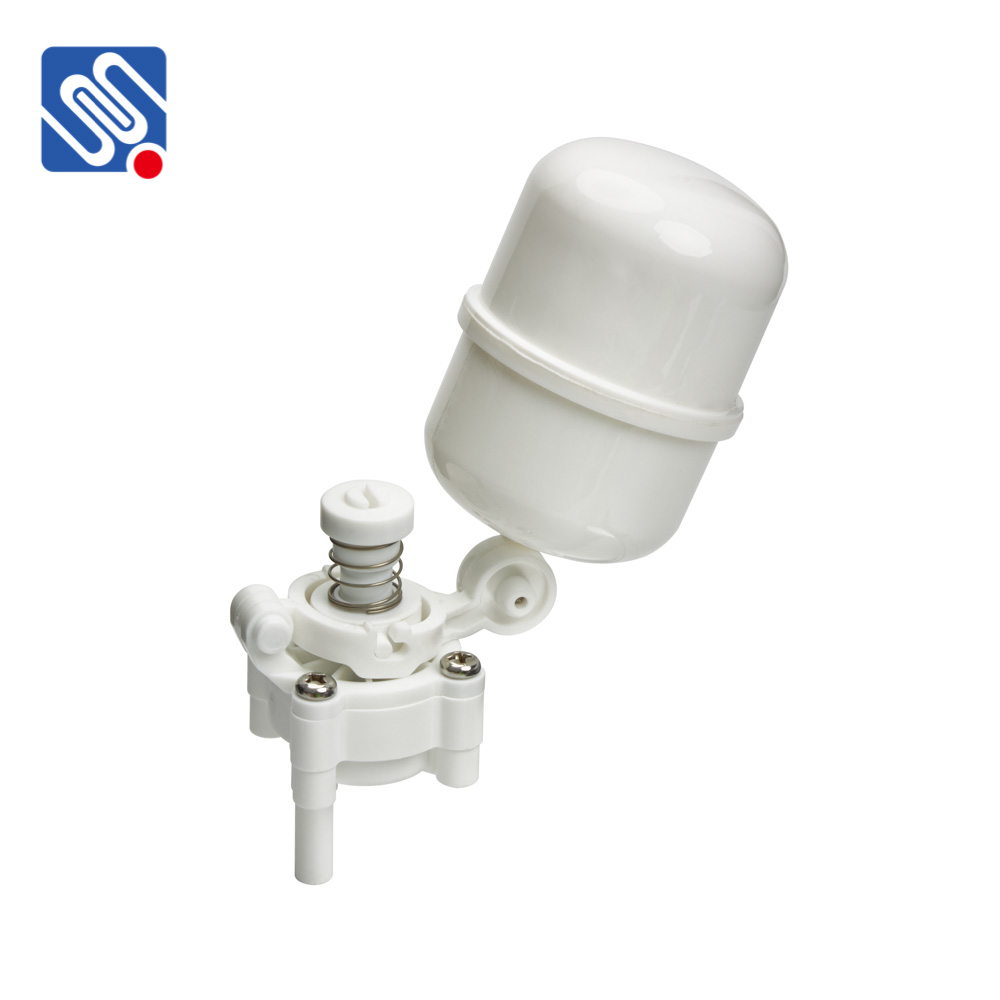comprehensive guide to plastic valve for water systems: benefits and applications
Release time:2025-11-19 05:12:36
Plastic valves have become an essential component in modern water systems, providing reliable control and flow management across various industrial, commercial, and residential applications. Whether for household plumbing, irrigation, or large-scale industrial systems, plastic valves offer distinct advantages over traditional metal valves, making them an increasingly popular choice for engineers and system designers. This article delves into the different types of plastic valves for water systems, their benefits, and common applications.

Types of Plastic Valves for Water Systems Plastic valves are typically made from materials like Polyvinyl Chloride (PVC), Chlorinated Polyvinyl Chloride (CPVC), Polypropylene (PP), and Polyethylene (PE). These materials provide a range of properties that make them suitable for specific water system needs. Below are the most commonly used types: PVC Valves Polyvinyl Chloride (PVC) is one of the most widely used plastics in the production of water system valves. PVC valves are known for their exceptional corrosion resistance, making them ideal for both residential and commercial plumbing systems. They are commonly used in non-pressurized water systems, irrigation, and water treatment applications. PVC is also lightweight, which simplifies installation and handling.

